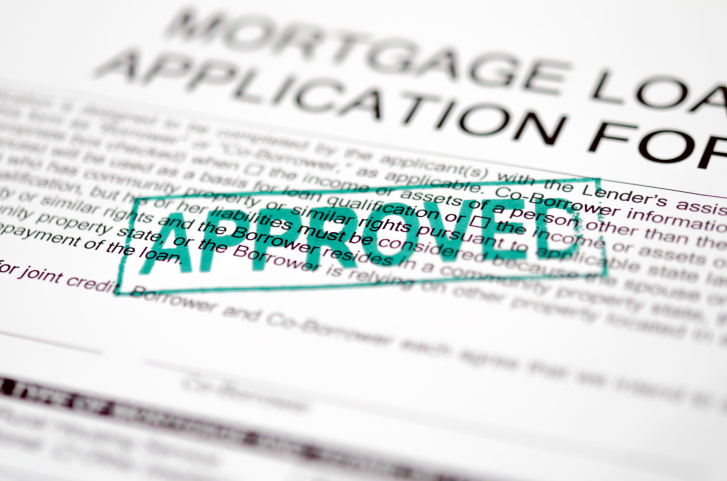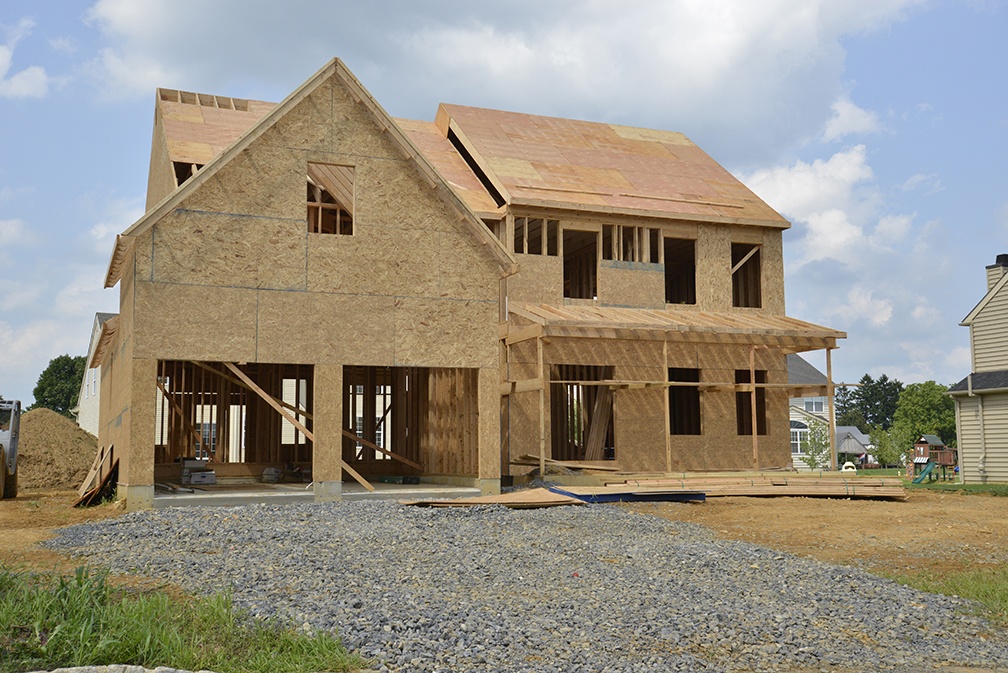 The average homeowner feels secure knowing they have insurance in the event of a severe weather calamity. Most people believe that no matter what happens, they have paid for protection against disaster.
The average homeowner feels secure knowing they have insurance in the event of a severe weather calamity. Most people believe that no matter what happens, they have paid for protection against disaster.
Unfortunately, not every homeowners insurance policy provides full reimbursement from severe weather losses. Hurricanes, tornados, earthquakes and other rare catastrophes may not be covered under your current policy.
Consider the impact of these extreme events and whether you are fully insured for the subsequent losses.
1: Hurricane Damage May Not Be Fully Covered
The recent national mobilization to deal with the fallout from Hurricane Florence highlights just how catastrophic severe weather can be to people and property. That being said, homeowners generally anticipate calling their insurance carrier to file a claim after returning home and assessing the damage.
It may come as a surprise, but many policies limit reimbursement to damage attributed to high winds. For example, a tree falls on a garage or vehicle and the insurance outfit writes a check.
But damage attributed to water can be tricky. Many policies do not cover flood insurance. That could mean that water backed up in the street or a stream, lake or pond overflowing into your home might not be covered. That’s why homeowners are advised to clarify water-related coverage.
2: Floods May Not Be Covered
People living near bodies of water may be required to carry flood insurance when applying for a mortgage. Flooding represents a high risk that can result in a total loss. Lenders are often apprehensive about approving mortgages for properties in so-called “floodplains.”
FEMA offers coverage through the National Flood Insurance Program. Homeowners living just outside a flood zone may not be required to buy additional coverage. However, you are taking a significant risk.
If your policy does not cover flooding, you could be on the hook for the full cost of the home’s repair or replacement. Considering the average flood insurance policy runs about $700, it may be worth the expense to protect your investment.
3: Tornado Insurance Coverage Can Be Murky
Although most policies cover damage from tornados, premiums can run higher in regions prone to these severe weather storms. But, like hurricanes, tornados that additionally bring about flooding can pose a problem for homeowners who make a claim. A carrier may conclude that the high wind and impact damage enjoys coverage. Water, however, can be a very gray area.
4: Earthquakes Often Not Covered
Like people who live in flood plains, earthquake riders may be required in certain areas of the country. Without additional coverage, the destruction caused by these catastrophic events may not be reimbursed. It’s imperative that people living in or around regions prone to earthquakes carry specific coverage. Imagine losing your home and still owing a monthly mortgage payment.
The important thing to glean from this overview about severe weather claims is that homeowners are wise to dig deep into their policies and have a clear, concise understanding about coverage. Keep in mind that water damage from flooding, rain and even sewer back-ups pose a significant threat to your home. For a few dollars more, enhanced severe weather insurance may be worth every penny.
Homeowner’s insurance is a requirement for most home loans. It’s important to note that some properties at high risk may not qualify for financing or you may find that insurance for high risk properties adds too much to your bottom line. Consult your trusted home mortgage professional to find out what specific insurance is necessary to finance your new home.

 Are you thinking about purchasing a home in the near future? Or, are you thinking about building one? If so, you must think carefully about the foundation of the home. It is responsible for supporting the rest of the structure, so you need to find the right foundation to meet your needs. What are a few of the top options available?
Are you thinking about purchasing a home in the near future? Or, are you thinking about building one? If so, you must think carefully about the foundation of the home. It is responsible for supporting the rest of the structure, so you need to find the right foundation to meet your needs. What are a few of the top options available? Do you want to invest in real estate? If you are buying property as a real estate investor, there are a number of important factors to consider. Take a look at some of the most important factors to think about before you decide to sign your closing papers.
Do you want to invest in real estate? If you are buying property as a real estate investor, there are a number of important factors to consider. Take a look at some of the most important factors to think about before you decide to sign your closing papers. A significant number of people are self-employed, which means they might be relying on this income to apply for a mortgage. It is true that people who are self-employed may face additional challenges when trying to get approved for a home loan when compared to someone with traditional W2 income, these are obstacles that can be overcome. With the right qualifications and documentation, even first-time homebuyers who are self-employed should be able to qualify for the home loan they need.
A significant number of people are self-employed, which means they might be relying on this income to apply for a mortgage. It is true that people who are self-employed may face additional challenges when trying to get approved for a home loan when compared to someone with traditional W2 income, these are obstacles that can be overcome. With the right qualifications and documentation, even first-time homebuyers who are self-employed should be able to qualify for the home loan they need. The national reading for home builder confidence rose one point to an index reading of 83 in April; the National Association of Home Builders predicted a reading of 84. Component readings for April’s national index readings were mixed. Builder confidence in current market conditions for single-family homes rose one point to 88. Builder confidence in market conditions for single-family homes in the next six months fell two points to 81 but homebuilder confidence in buyer traffic in new home developments rose two points to an index reading of 75.
The national reading for home builder confidence rose one point to an index reading of 83 in April; the National Association of Home Builders predicted a reading of 84. Component readings for April’s national index readings were mixed. Builder confidence in current market conditions for single-family homes rose one point to 88. Builder confidence in market conditions for single-family homes in the next six months fell two points to 81 but homebuilder confidence in buyer traffic in new home developments rose two points to an index reading of 75.